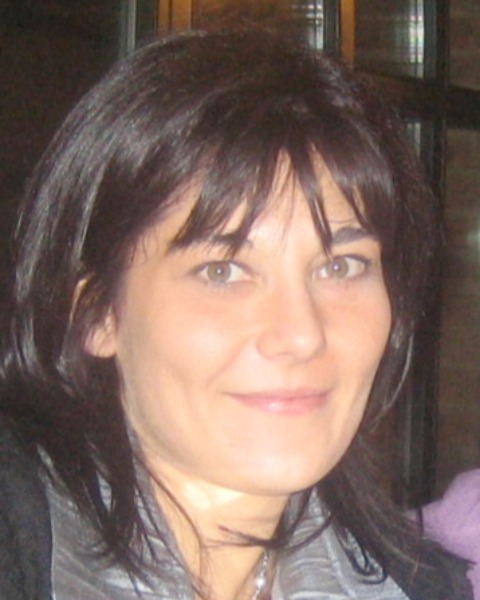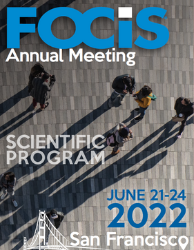Tolerogenic Dendritic Cells Engineered with a Lentiviral Vector Encoding for IL-10 and Antigen Control T Cell Responses to Pathogenic Antigens

Laura Passerini
Reasearch Associate
San Raffaele Telethon Institute for Gene Therapy (SR-Tiget), San Raffaele Scientific Institute
Milan, Lombardia, Italy
Marianna Rowlands, PhD
Associate Director
Novartis Institutes for Biomedical Research
Cambridge, Massachusetts, United States
Presenting Author(s)
Chair(s)
Tolerogenic dendritic cells (tolDC) play a crucial role in promoting tolerance and represent the cells of choice to fulfill the goal of restoring antigen(Ag)-specific tolerance in autoimmunity. Effective DC-based therapy should dampen autoreactive T cell responses, inducing pathogenic T cell exhaustion, and restore long-term tolerancevia Ag-specific regulatory T cell (Treg) induction. Here we show that in vitro differentiation of DC viatransduction with bidirectional lentiviral vectors encoding for the Ag of interest (Ovalbumin or Matrix Protein 1 as model Ags, or insulin-/gliadin-derived peptides, as disease-specific Ags) in combination with IL-10 from both human and murine precursors allows efficient generation of tolDC (DCIL-10/Ag), which secrete high amounts of IL-10 in the absence of pro-inflammatory cytokines. DCIL-10/Ag efficiently modulated in vitro activation and proliferation of Ag-specific CD4+ and CD8+ T cells. Repetitive administration of DCIL-10/Ag in vivo promoted OVA-specific CD4+ type 1 regulatory T (Tr1) cells, CD8+ T cells with an exhausted phenotype (CD44+PD-1+LAG-3+TIM-3+) and prevented T1D development in two distinct murine models of disease. Human DCIL-10/Ag promoted the in vitro induction of Ag-specific CD49b+LAG-3+ T cells, which displayed the Tr1 cell gene signature and modulated gliadin-specific CD4+ T cell responses of Celiac Disease patients. We developed engineered tolDC that effectively modulate pathogenic CD4+ and CD8+ T cell responses in vitro and in vivo, by promoting Ag-specific Tr1 cells and CD8+ T cells with an exhausted phenotype. These results lead to the definition of an innovative approach based on the use of autologous DC to restore tolerance in T cell-mediated diseases.

